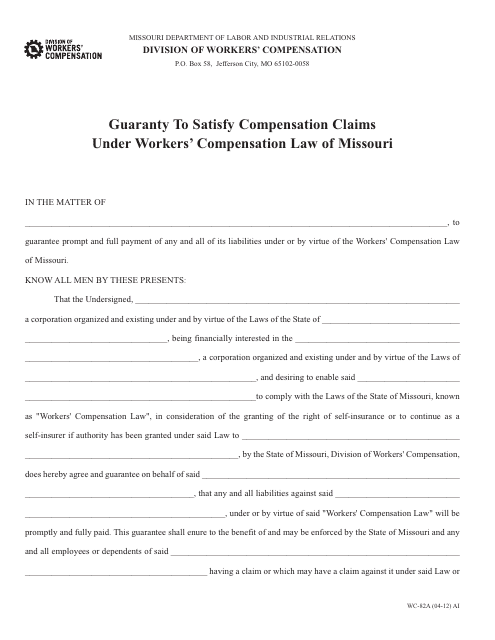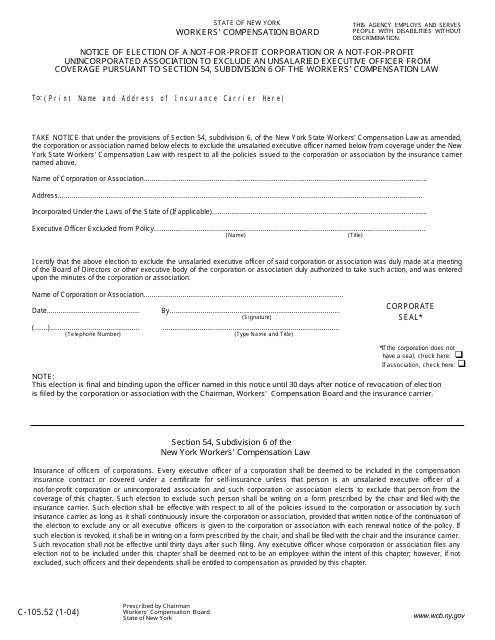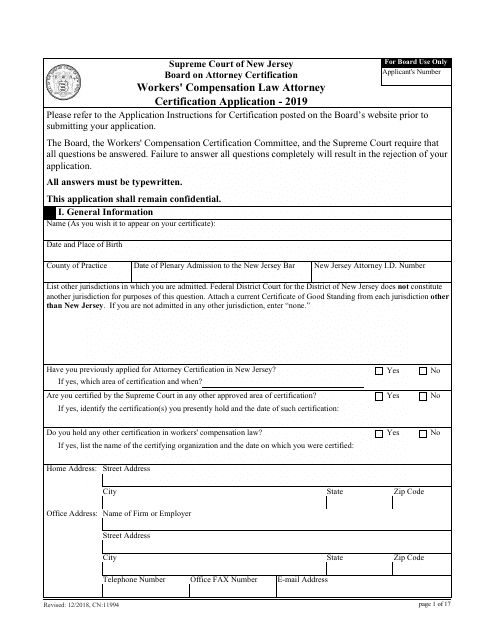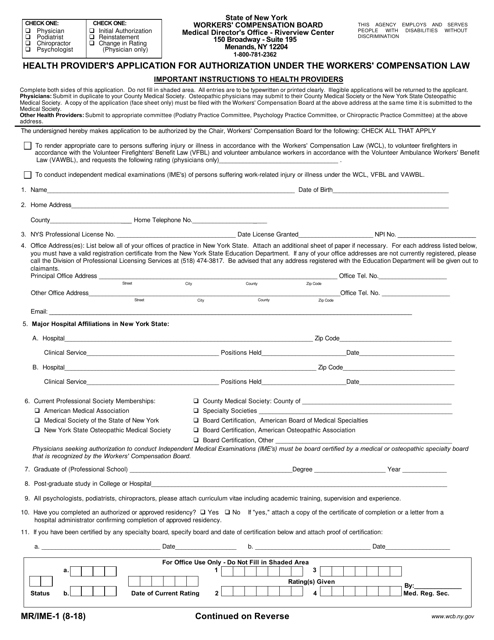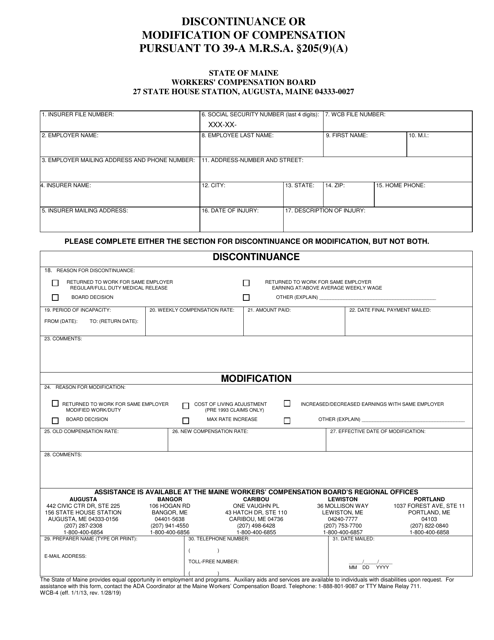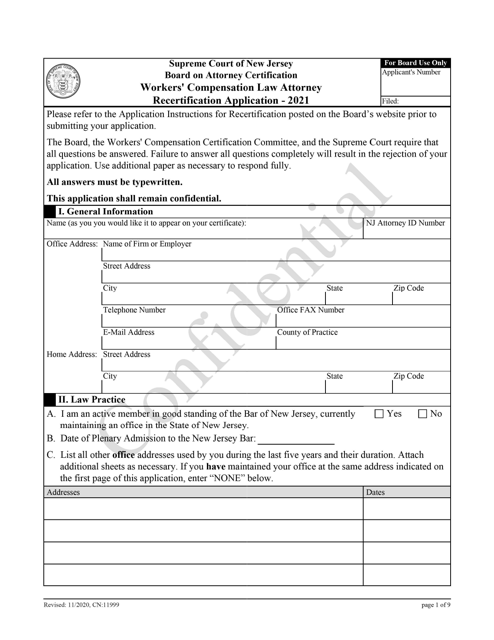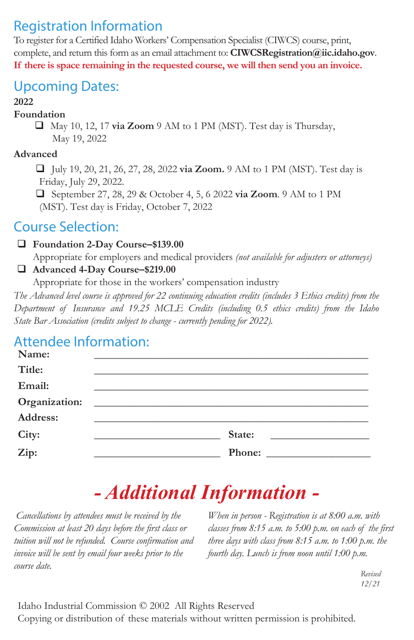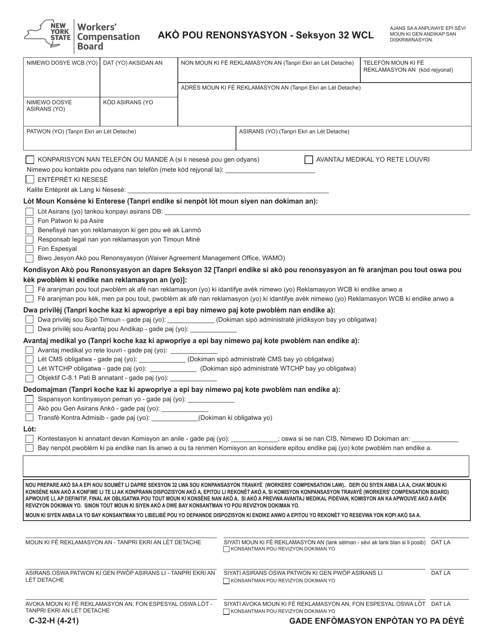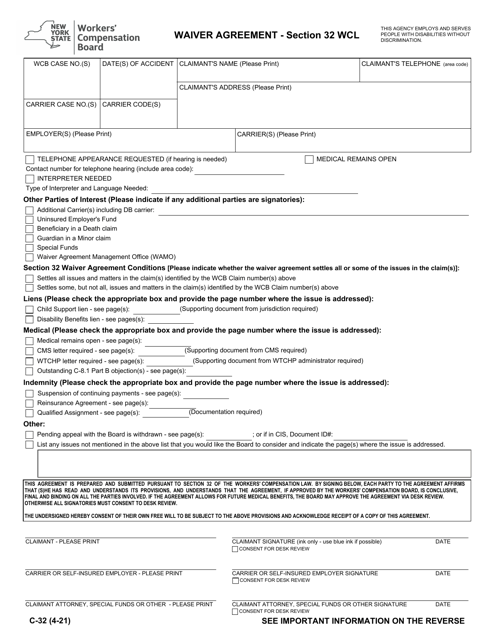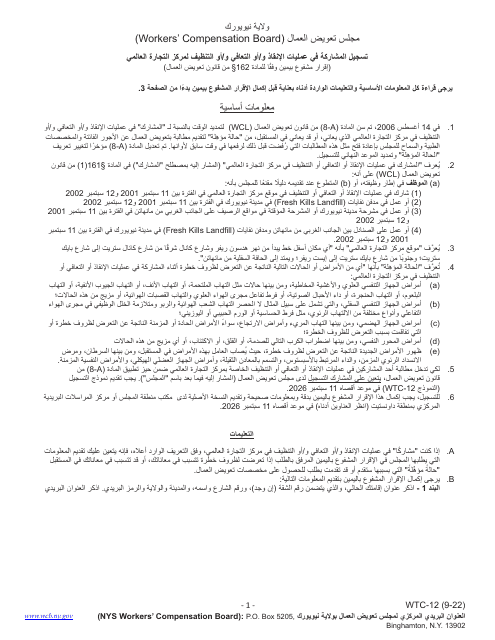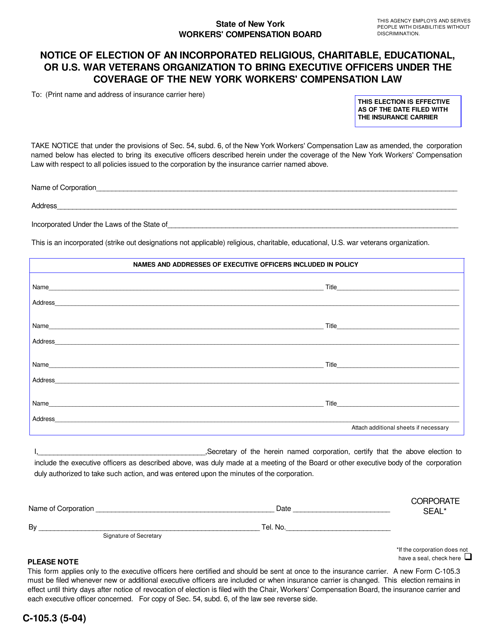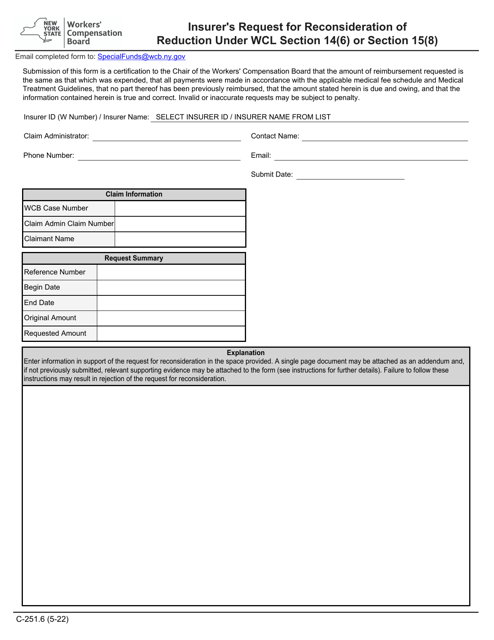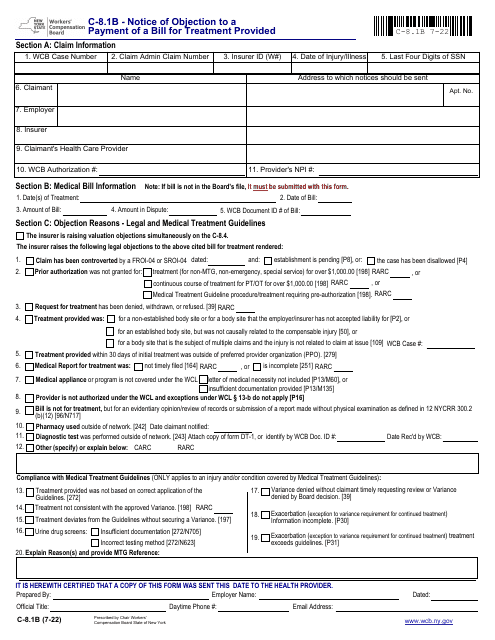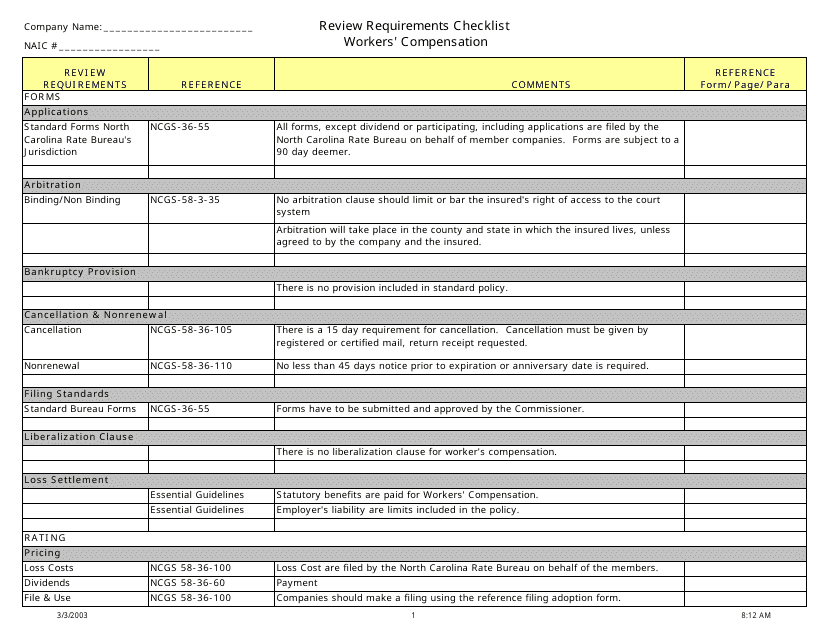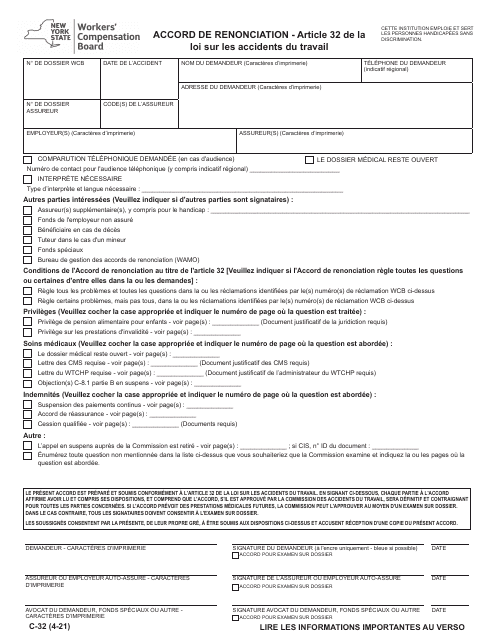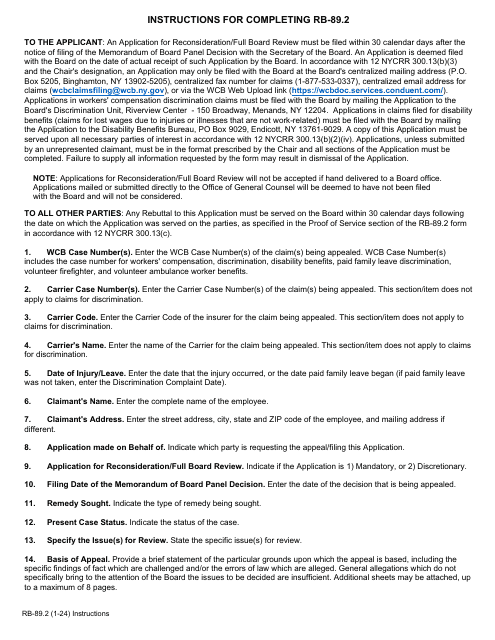Workers Compensation Laws Templates
Workers Compensation Laws are essential regulations that ensure the protection and well-being of employees who suffer from work-related injuries or illnesses. These laws, also known as workers compensation law or workers comp laws, aim to provide financial support and medical benefits to eligible workers, helping them recover and return to work.
Under the workers compensation laws, employees are entitled to various benefits, including medical treatment coverage, wage replacement, disability benefits, vocational rehabilitation, and even death benefits for their dependents in the unfortunate event of a fatal accident. These laws are governed at the state level and may differ slightly between jurisdictions, but their overall purpose remains the same – to safeguard workers' rights.
Whether you are a not-for-profit corporation, an unincorporated association, or an executive officer, you need to be aware of the regulations surrounding workers compensation. Forms such as New York's Form C-105.52, which allows not-for-profit entities to exclude unsalaried executive officers from coverage, or New Jersey's Form CN:11994, which requires attorneys to certify their knowledge of workers compensation law, play a crucial role in complying with the legal requirements.
If you are an incorporated religious, charitable, educational, or U.S. war veterans organization, you may need to file Form C-105.3 in New York to bring executive officers under the coverage of the workers compensation law. Additionally, workers in New York can use Form C-8.1B to object to the payment of a bill for treatment provided or submit Form RB-89.2 for reconsideration or full board review.
Understanding these complex laws and navigating the paperwork can be challenging, especially when dealing with the intricacies of multiple jurisdictions. However, staying informed and compliant is crucial for both employers and employees.
At USA, Canada, and other countries' document knowledge system, we provide comprehensive information and resources on workers compensation laws, ensuring that you have the necessary knowledge to protect your rights or fulfill your obligations. From the basics of workers comp to specific forms and applications, our platform serves as a one-stop hub for everything related to workers compensation laws.
Stay informed, understand your rights, and access the necessary documentation to comply with workers compensation laws – all with the help of our user-friendly platform.
Documents:
16
This form is used for guaranteeing the payment of compensation claims under the Workers' Compensation Law of Missouri.
This document is used for notifying the election of a not-for-profit corporation or association to exclude an unsalaried executive officer from workers' compensation coverage according to Section 54, Subdivision 6 of the Workers' Compensation Law in New York.
This Form is used for attorneys in New Jersey to apply for certification in Workers' Compensation Law.
This Form is used for health providers in New York to apply for authorization under the Workers' Compensation Law.
This document is used for discontinuing or modifying compensation according to Maine state law. It is specifically based on section 39-a M.R.S.A. 205(9)(A).
This Form is used for obtaining a waiver agreement for Section 32 WCL in New York specifically in Haitian Creole language. It is used to communicate and document the agreement in a language that is understood by Haitian Creole speakers.
This form is used for notifying an incorporated religious, charitable, educational, or U.S. war veterans organization in New York about their election to bring executive officers under the coverage of the New York Workers' Compensation Law.
This form is used for objecting to a payment bill for treatment provided in New York.
This document is a checklist that outlines the requirements for workers' compensation in North Carolina. It provides information on the necessary steps and documentation needed to comply with the state's workers' compensation laws.
This Form is used for obtaining a Waiver Agreement under Section 32 of the Workers' Compensation Law in New York. It is available in French.

